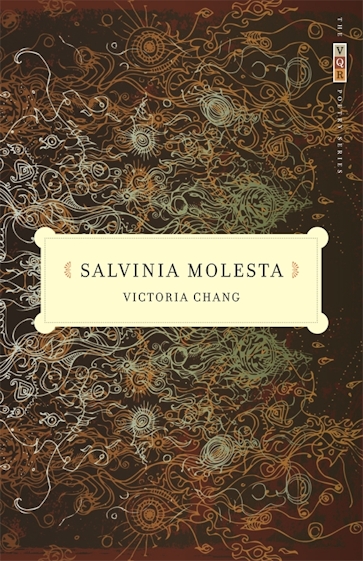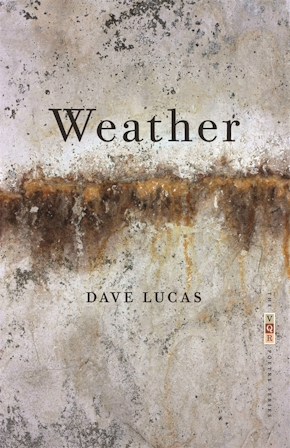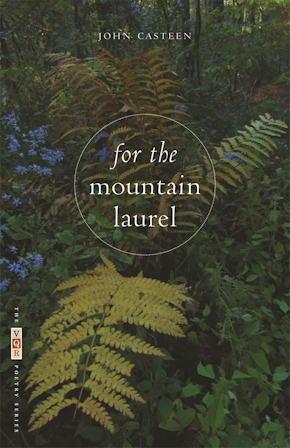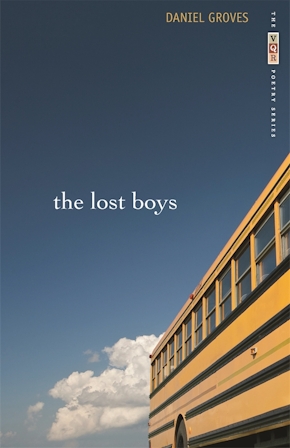Salvinia Molesta
Poems
Title Details
Pages: 104
Trim size: 5.500in x 8.500in
Formats
Paperback
Pub Date: 09/15/2008
ISBN: 9-780-8203-3176-8
List Price: $20.95
Series
Related Subjects
Salvinia Molesta
Poems
Skip to
- Description
- Reviews
- Awards
Victoria Chang's collection takes its title from what many call "the worst weed in the world," a plant so rapidly and uncontrollably invasive that it is illegal to sell or possess in the United States. Chang explores this image of vitality and evil in three thematically grouped sections focusing on corporate greed, infidelity and desire, and historical atrocities, including the excesses of the Cultural Revolution in China and the massacre of Chinese people in Nanking by Japanese troops in World War II.
This edgy, fierce subject matter becomes engaging and fresh as Chang applies her powers of imagination to the extraordinary lives of Madame Mao, investment banker Frank P. Quattrone, and others living at extraordinary historical moments. In "Seven Stages of Genocide," for example, the poem's speaker is herded into a death camp along with a neighbor that he strongly dislikes: "The barbed wire around us forces me / to catch his breath that smells like goose." Chang focuses her attention to occurrences in the world that many poets find too violent or disturbing to write about, thereby making her own distinctive aesthetic from that which is, like Salvinia molesta, both creepy and beautiful.
'Collision' is the title of one of the best poems in Salvinia Molesta, and like the poem, this remarkable book is itself an intersection where the personal, the global, the political, and the domestic all collide in a shower of sparks. Inevitably there is damage here, brutality, depravity, but there is great beauty as well—the kind that endures. Salvinia Molesta is a book of lasting power.
—James Longenbach
Invasive species: just one of the thousand signs we’ve learned so terribly after the fact to read. Salvinia molesta: one of the worst; it can smother a lake in days. And under its proliferant injunction, Victoria Chang surveys the paths that brought us here. She charts her course through biosphere and boardroom, the intimate spaces of private infidelity, the vast terrains of state-supported slaughter. How is it, in poems so keenly tuned to history and all its harms, that the reader finds elation? Because in art this finely pitched we have the one true antidote.
—Linda Gregerson
In the vivid lyrical world of Victoria Chang's Salvinia Molesta, a cardinal is a 'Christ of / little bones,' hummingbirds have 'tent stake' noses, and bullets 'make things beyond recognition.' And whether she is exploring the effects of the Japanese rape of Nanking, the greed of corporate America, or the complications of sexual desire, she does so with a razorlike sharpness that cuts through the skin of experience without disturbing the delicate, mesmerizing, and disturbing network of capillaries that feed its life. This is a poetry of calm and unflinching exposure, deft and precise.
—Michael Collier
Many poets display a single strength. Some write beautiful nature poems, others write well about relationships, still others have a gift for addressing issues like politics or economics. Chang can do it all. She wowed the poetry world three years ago with her debut collection, Circles . . . . Look for her to make another splash with Salvinia Molesta, which takes on everything from sexuality to global politics in searing poems.
—KansasCity.com
Salvinia Molesta is not an easy book: the poems themselves are often logical yet complex. . . . Chang's main topical focus is not easy either, but in our day and age it is very apt and very much needed. Grace will abide, and books like this remind us that the human spirit is unbroken even when the darkest of days invade everything we consider holy and safe. Salvinia Molesta is very possibly the best book of original poetry I have read this year.
—North Florida Daily News
Evocative poems that explore war, genocide, infidelity, suicidal thoughts and corporate greed.
—Orange County Register
Runner-up
California Book Awards, Commonwealth Club of California



